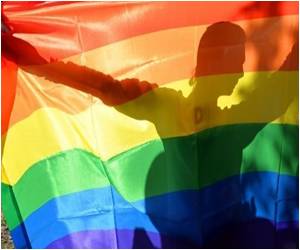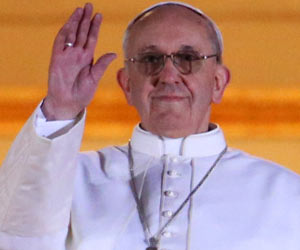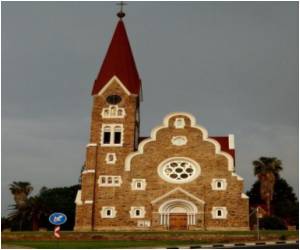Officials and activists said that Russia is struggling with a flood of refugees as more than half a million flee the fighting in eastern Ukraine and it seems many are increasingly likely to stay.

"Since April 1, over 515,000 people have arrived from southeastern Ukraine," the head of Russia's migration service (FMS) Konstantin Romodanovsky said this week.
The influx has become a burden for southern Russian regions that border Ukraine, in particular Rostov, and Moscow is now trying to address the situation of caring for them at the federal level.
Russian authorities have organised some 400 refugee camps to offer temporary accommodation, and so far running the facilities has been up to the local authorities, stretching their capacities to the limit.
Since June 4, more than 220,000 refugees have crossed the border from Ukraine to the Rostov region, and currently the flow continues at about 2,000 people per day, Governor Vassily Golubev said Tuesday.
"Rostov and other frontline regions are working at maximum capacity," said Ella Pamfilova, who heads President Vladimir Putin's human rights council.
Advertisement
"There is growing fatigue, and when winter arrives everything will be much more difficult," she told AFP, adding that the biggest problem was uncertainty.
Advertisement
The Russian government said Tuesday it would step up its contribution to support refugees in border areas, taking the total amount to nearly five billion rubles ($141 million, 104 million euros).
"They lived through a shock, many of them through tragedy, losing their loved ones. In Russia they are looking for protection and support," Prime Minister Dmitry Medvedev said at a government meeting to discuss the issue.
"It is our task to give them our utmost attention and necessary help."
Romodanovsky said that over 80 percent of the refugees remain in border areas, but the government has begun to move some camps to other areas, particularly in the centre of the country, with the hope that this may help the refugees if they choose to settle in Russia.
"The flow of refugees is not abating. Many want to return to their homes when the conflict ends, but increasingly these families want closure, and intend to stay in Russia," said Pamfilova.
- Many may stay -
More than 144,000 have turned to Russian authorities for special refugee status, and of those, 38,000 people have demanded asylum, recent FMS figures show.
The Russian government ordered late Tuesday simplified measures for reviewing requests for refugee status.
"We do not rule out that most of them want to eventually demand Russian citizenship," Romodanovsky said.
Anna Serdyukova of the Civil Assistance NGO which is helping refugees in the Rostov region, said there has been a change of attitude among refugees.
"In June, many of them said: 'We'll stay here a while and then return home.' Today many fewer of them think like that," she added.
The authorities are also working on measures to simplify the process for Ukrainian refugees, most of whom are Russian-speaking, to obtain Russian nationality.
Caring for the refugees may pose short-term costs, but the migrants could bring long-term benefits to Russia which is facing a demographics crisis, analysts said.
"Russia is short of people and workers, and here you find tens of thousands who share our mentality, our language and our culture," said Yevgeny Gontmakher, a deputy director at the Institute of the World Economy and International Relations of the Russian Academy of Sciences.
Source-AFP










